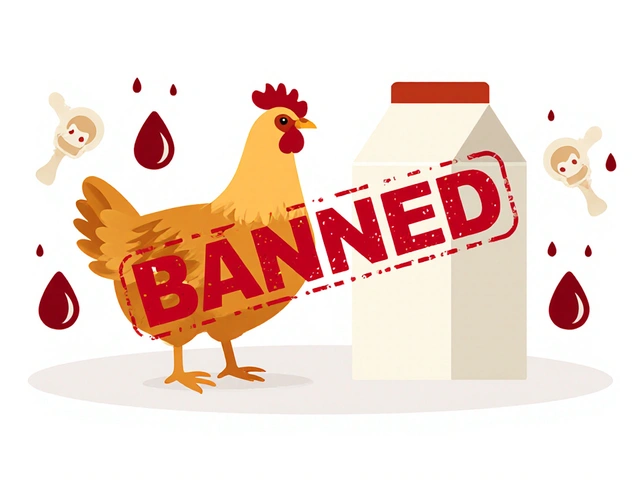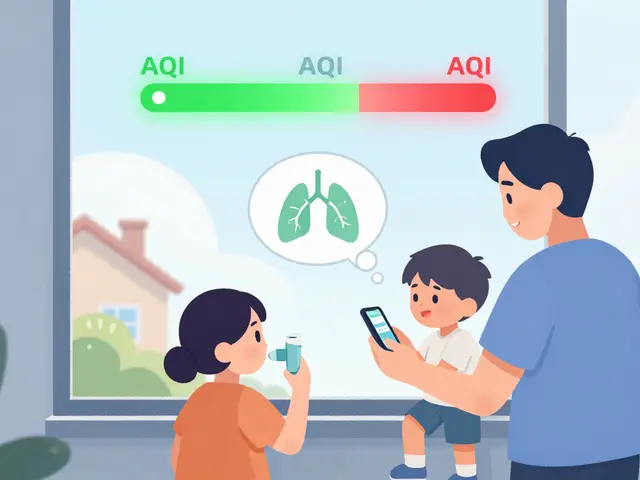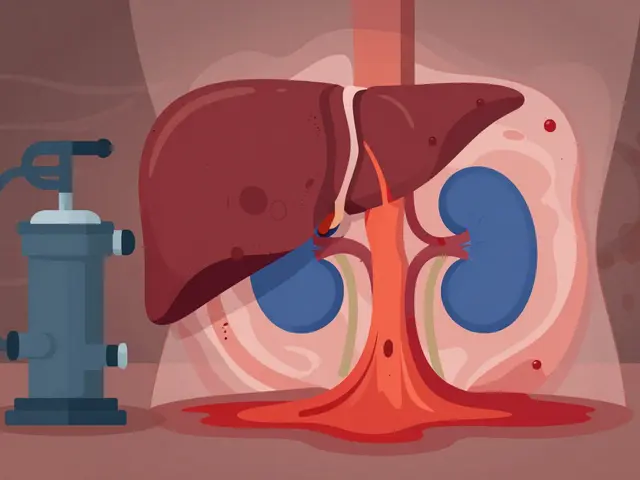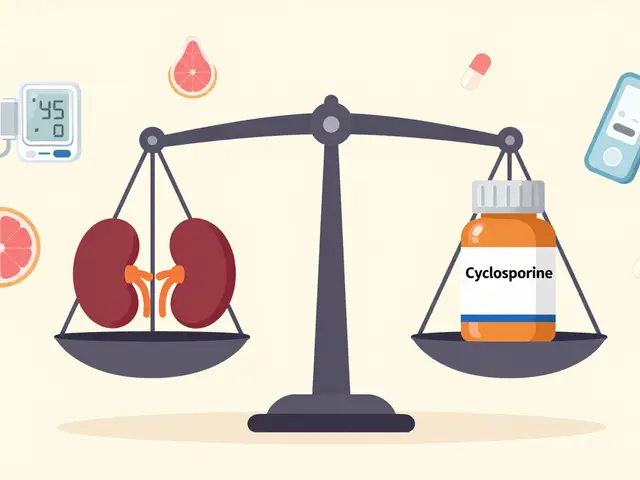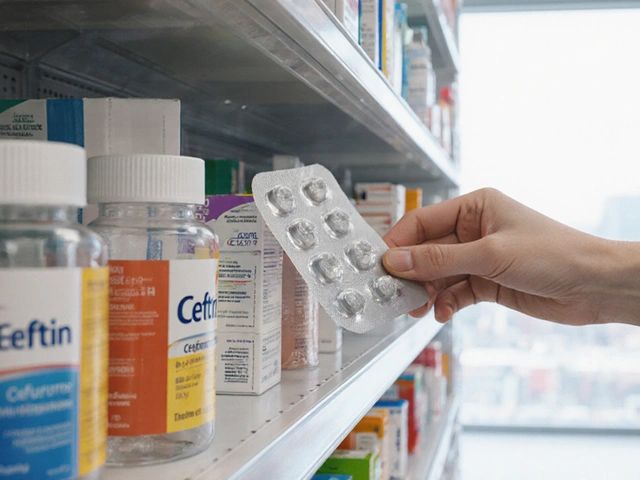Serious health issue: clear advice, meds, and safety tips
A single missed sign can turn a manageable condition into an emergency. If you or someone you care for shows sudden chest pain, severe breathlessness, fainting, or sudden weakness, act fast. Call emergency services or go to the nearest ER — don't wait to 'see if it gets better.' Early treatment saves lives.
Know the common serious issues: heart attacks, stroke, dangerous infections, blood clots after surgery, severe allergic reactions, and dangerous drug interactions. Many of our articles cover these topics in plain language so you can recognize risks and ask the right questions with your doctor.
Keep a simple health summary on your phone: current diagnoses, all medications (including OTC and supplements), allergies, and your emergency contact. Show it to any clinician you meet. A clear list shortens diagnosis time and avoids harmful drug combinations.
Quick actions when you suspect a serious issue
If symptoms are sudden or severe, call emergency services immediately. For non-emergency but worrying signs — like new palpitations, unexpected dizziness, worsening shortness of breath, or repeated fainting — contact your doctor the same day. Describe symptoms clearly: onset, intensity, what makes them better or worse.
Bring recent medication bottles or a picture of them to appointments. If you're on drugs like amiodarone (Cordarone), nitrates, or anticoagulants, ask about monitoring and warning signs. Some drugs need regular blood tests, ECGs, or dose adjustments to stay safe.
Safe medication use and buying tips
Only take medicines prescribed to you. Avoid sharing pills — dosing and risks differ between people. Check interactions before adding a new drug or supplement; many online interaction checkers are free and helpful.
If you buy meds online, use pharmacies with clear contact info, verified reviews, and a real prescription requirement. Watch out for sites selling controlled drugs without prescriptions. Storage matters: keep meds in a cool dry place, follow fridge instructions for sensitive meds like tacrolimus.
Be cautious with alcohol and certain medications. For example, drinking while on spironolactone can worsen dizziness and low blood pressure. If a sleep aid like doxylamine or hydroxyzine is on your list, avoid heavy drinking and driving.
When a common drug doesn't work — for infertility, infections, or chronic disease — discuss alternatives. There are often evidence-backed options: second-line fertility drugs, antibiotics alternatives to doxycycline or Bactrim, and different inhalers for asthma or COPD.
Keep follow-up appointments and ask for plain-language notes after visits. If numbers or tests change, get a copy and know who to call. Small, practical steps prevent many serious outcomes.
If you want specific guides — buying finasteride, safe online pharmacies, or drug safety sheets for Cordarone and rivastigmine — our site has focused articles you can read for details and links to reliable resources.
Make an emergency plan with your family: who drives, which hospital to use, and where to find your meds list. Periodically review prescriptions with your doctor and pharmacist to remove unnecessary drugs and reduce risk. Keep an up-to-date copy on your phone and printed at home regularly.
Can a runny nose be a sign of a more serious health issue?
In my recent research, I've found that a runny nose can indeed be a sign of more serious health issues. Often, it's a symptom of the common cold, but it could also indicate allergies or sinusitis. However, when it's accompanied by persistent symptoms like high fever, severe headaches, or thick green mucus, it could be a sign of a more serious infection. In rare cases, a chronic runny nose might even be linked to brain fluid leakage. So, while a runny nose is usually nothing to worry about, it's important to pay attention to any accompanying symptoms and seek medical advice if needed.
View More
